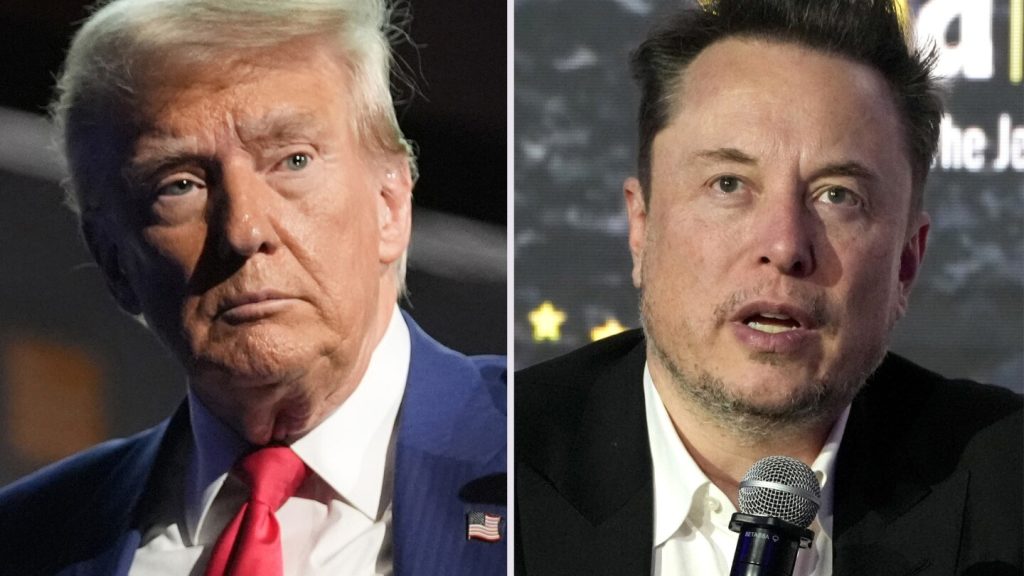Trump’s plan to create a government efficiency commission to audit the entire federal government, with assistance from billionaire Elon Musk, has drawn attention as the latest alliance between the two powerful figures. Claiming that fraud and improper payments cost taxpayers billions of dollars in 2022, Trump stated that the commission would recommend reforms to eliminate such issues within six months, potentially saving trillions of dollars. Additionally, he promised to cut 10 government regulations for every new regulation implemented if elected in November, as part of his efforts to boost energy production, embrace cryptocurrencies, and reduce government spending and corporate taxes.
Musk, who expressed interest in serving America without seeking pay, title, or recognition, has been engaged in discussions with Trump about a possible role in a second Trump administration. The former president has praised Musk for his abilities as a “cutter” and expressed a desire to have him involved in streamlining government operations, including closing the Department of Education. Despite previous disagreements and Musk’s previous endorsement of Trump’s potential re-election, the two have now formed an unlikely alliance which could have significant implications for future government policies.
While Musk had previously described himself as a “moderate Democrat” and voiced concerns about Trump’s age and fitness for re-election, he ultimately endorsed Trump after an assassination attempt. The collaboration between the two figures, both well-known for their influence and power, signals a shift in their relationship from rivals to allies. Previous presidential efforts to reform government operations, such as the National Partnership for Reinventing Government established during the Clinton administration, aimed to simplify bureaucracy, reduce costs, and enhance agency responsiveness to the public. Trump’s proposed government efficiency commission, with Musk’s involvement, represents a new approach to addressing these longstanding challenges within the federal government.
The announcement of the government efficiency commission and Musk’s potential role in it came during a speech by Trump to the Economic Club of New York, where he laid out his vision for reforming government operations and regulations. In addition to the commission, Trump also discussed plans to slash regulations, increase energy production, support cryptocurrencies, and reduce government spending and corporate taxes, particularly for companies engaged in domestic production. The proposed reforms and initiatives outlined by Trump align with his previous promises to focus on efficiency, cost-cutting, and prioritizing American interests in government policies.
As the 2024 presidential election approaches, Trump’s partnership with Musk and their shared objectives for government reform and efficiency have generated significant interest and speculation. The potential impact of their collaboration on future policy decisions, budget allocations, and regulatory frameworks could shape the direction of the federal government for years to come. With Musk’s expertise in innovation and strategic planning, combined with Trump’s experience in politics and governance, the proposed government efficiency commission has the potential to drive substantial changes in how the federal government operates and serves the American public. The evolving relationship between Trump and Musk, as well as their joint efforts to address longstanding issues within the government, will continue to be closely monitored and analyzed as the election season progresses.


